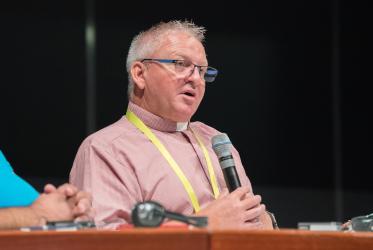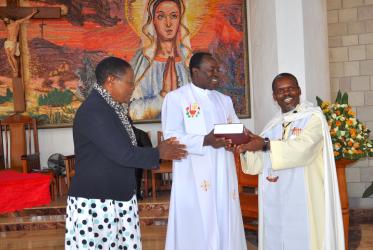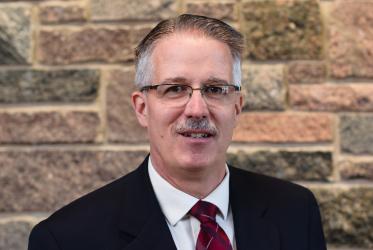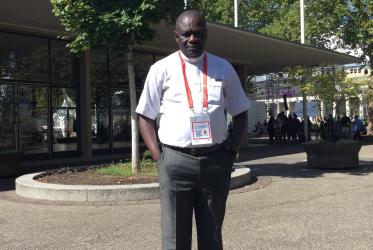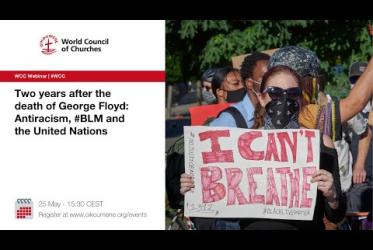Samson Waweru, a visually impaired Kenyan, holds the position of executive director at the Kenya Society for the Blind. In this capacity, he is responsible for executing a comprehensive mandate aimed at assisting blind and visually impaired individuals in Kenya. His focus encompasses areas such as prevention, education, rehabilitation, employment, and overall welfare. Beyond his professional duties, Samson also serves as the vice-chair of the St Cosmas and Damianos Cathedral in Nairobi, showcasing his dedication to both his professional and spiritual obligations.
31 January 2024





